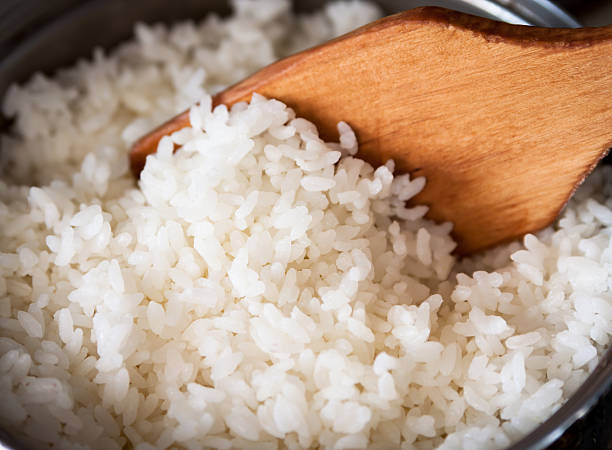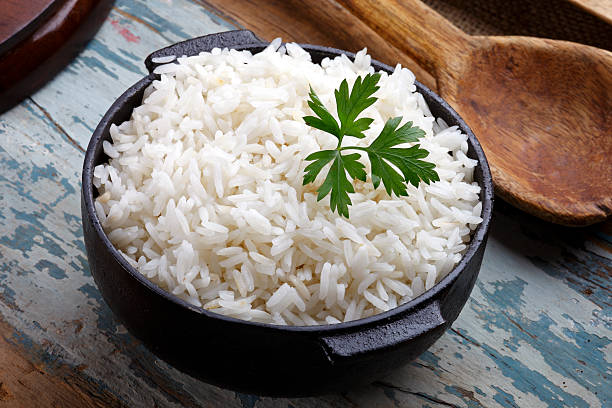Basmati rice is a popular type of long-grain rice that is grown in the Himalayan foothills of India and Pakistan. It is known for its delicate aroma, nutty flavor, and fluffy texture when cooked. In addition to its unique taste and texture, basmati rice also offers a range of nutritional benefits. In this article, we will explore the nutritional value of basmati rice per 100g and whether or not it is healthy for you.
First, let’s take a look at the nutritional content of basmati rice per 100g. According to the USDA, 100g of uncooked basmati rice contains:
130 calories
2.8g of protein
0.3g of fat
28.9g of carbohydrates
0.6g of fiber
0.1g of sugar
1mg of sodium
1.9mg of iron
When it comes to vitamins and minerals, basmati rice is a good source of thiamin and niacin, which are essential for maintaining healthy nerve function and metabolism. It also contains small amounts of vitamin B6 and folate.
One of the key health benefits of basmati rice is that it is a low-fat, low-sodium food. This makes it a great choice for those looking to reduce their risk of heart disease and high blood pressure. Additionally, the high fiber content in basmati rice can help to promote healthy digestion and regular bowel movements.
Basmati rice is also a good source of carbohydrates, which provide energy to the body. The carbohydrates in basmati rice are broken down into glucose, which is used by the body as a source of energy. This makes basmati rice a great option for those who are looking to increase their energy levels and improve their athletic performance.
Basmati Rice is also a gluten-free food, making it a suitable option for those who are gluten-intolerant or have celiac disease.
One of the key concerns with rice, in general, is its high glycemic index (GI). The glycemic index is a measure of how quickly a food raises blood sugar levels. Foods with a high GI are rapidly absorbed, which can cause a spike in blood sugar levels. Basmati rice has a lower glycemic index than other types of rice, which makes it a better choice for people with diabetes or those looking to manage their blood sugar levels.
Another point to be noted is that Basmati Rice is a good source of essential amino acids which are the building blocks of proteins. These essential amino acids are not produced by the body, and thus have to be obtained through diet.
In conclusion, basmati rice is a nutritious and delicious type of long-grain rice that offers a range of health benefits. It is low in fat and sodium, high in fiber, and a good source of carbohydrates and essential amino acids. Its low glycemic index also makes it a great choice for people with diabetes or those looking to manage their blood sugar levels. So, Basmati Rice is a healthy option for you to include in your diet.

 Home
Home Health
Health Diet & Nutrition
Diet & Nutrition Living Well
Living Well More
More












